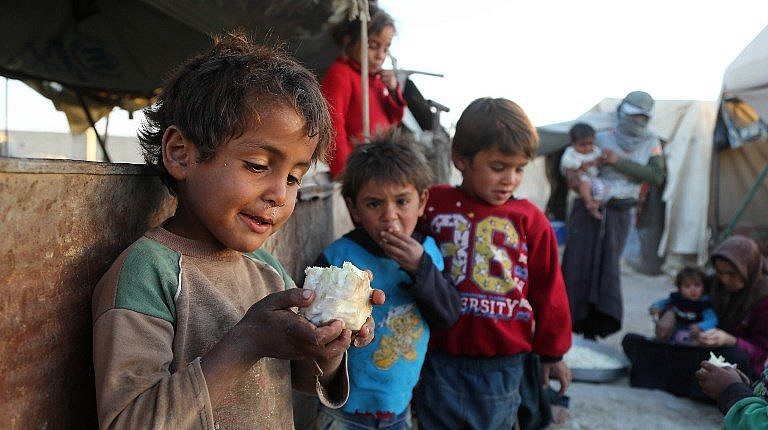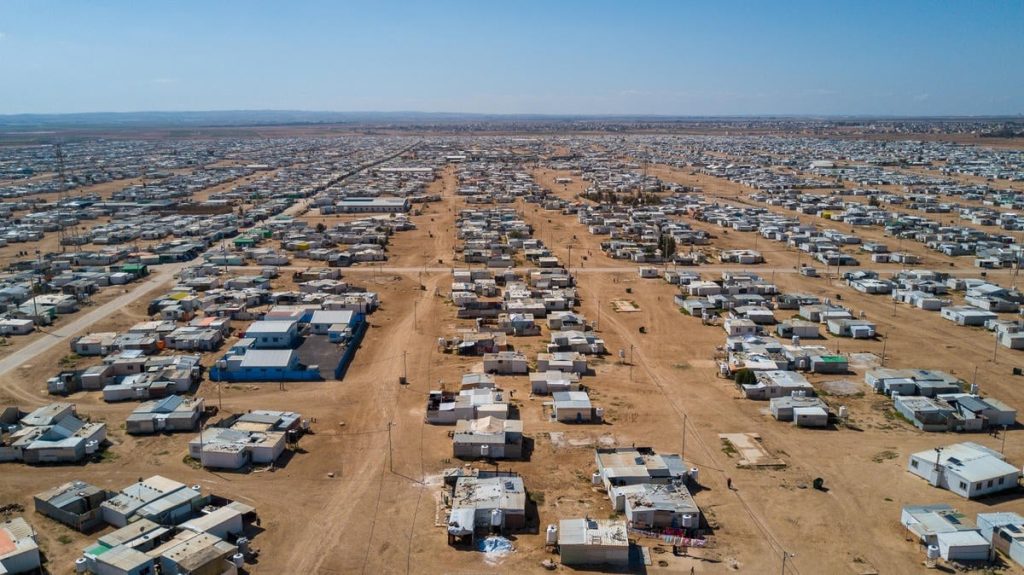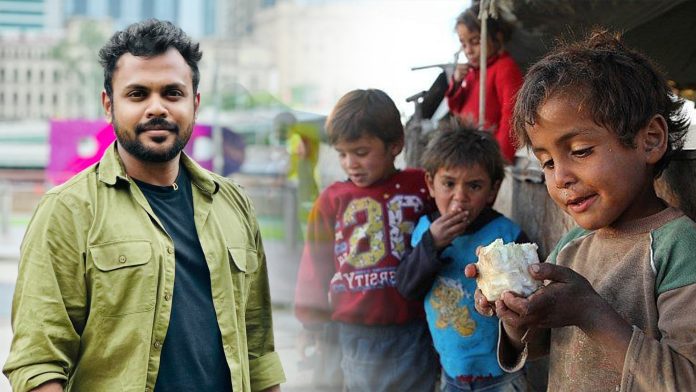Mahima Pivithuru Herath, a postgraduate student at Griffith University, Australia, has achieved remarkable success by securing third place in the prestigious Humanitarian Innovation Pitch competition. This annual event, organized by the Faculty of Engineering at the University of Sydney, recognizes groundbreaking research from postgraduate and higher degree by research (HDR) students that addresses pressing global issues, particularly those faced by underserved communities.
Mahima Herath’s Impactful Research
Mahima Herath’s research is centered on improving access to primary healthcare services for Syrian refugees living in the Zaatari Refugee Camp, located in Jordan. The camp, home to over 70,000 people, is one of the largest refugee camps in the world, and its residents face numerous challenges in accessing essential healthcare services. Mahima’s project aims to create a model that enhances healthcare delivery within the camp, promoting health and well-being in this highly vulnerable community. By improving primary healthcare services, Mahima’s work seeks to alleviate some of the daily struggles faced by refugees in semi-permanent living conditions.
Herath expressed his excitement about the recognition, sharing on social media, “I’m thrilled to announce that I have won third place in the 2024 Humanitarian Innovation Pitch. My research aims to create a model for improving the lives of Syrian refugees in the 70,000 person Zaatari Refugee Camp by enhancing their access to primary healthcare services within their semi-permanent refugee camp, promoting good health and well-being in this highly vulnerable community.” He also extended his gratitude to his academic mentors, Dr. Cecilia Bischeri and Dr. Zuzana Kovar, from Griffith University for their invaluable guidance and support throughout his research journey.

Humanitarian Innovation Pitch 2024: Recognizing Global Change-makers
The Humanitarian Innovation Pitch is a renowned platform that encourages postgraduate students to showcase research projects with the potential to impact humanitarian and development challenges worldwide. This year’s competition was intense, with students presenting innovative solutions to complex global issues.
First place was awarded to Emily Nabong from the University of Sydney, whose research focuses on developing a simulation tool that can assist policymakers in making informed decisions during humanitarian crises. Her tool aims to improve the efficiency and effectiveness of aid distribution in disaster-affected areas.
Second place went to Phyllis Wairimu Ngugi from Bond University. Her project focuses on modernizing and scaling traditional solar drying methods to support sustainable food preservation, a key issue in regions with limited access to electricity and refrigeration.
Mahima’s third-place recognition underscores the significance of his research in improving healthcare access for refugee populations. His model for enhancing healthcare delivery in the Zaatari camp is expected to serve as a valuable tool for governments, NGOs, and institutions working in similar humanitarian contexts around the world.
A Multifaceted Leader
Mahima Pivithuru Herath is no stranger to leadership and innovation. He is a seasoned architect and academic who holds several notable positions. He currently works at the City of Gold Coast, serves as a University Lecturer at NSBM Green University, and is the Executive Director/CEO of ATMA LANKA Wax Museum. In addition, he is the Chartered Architect at MH Architects and has previously worked with renowned architectural firms such as Damith Premathilake Architects and MMGS Architects. Mahima also served as the former President of Arcnest, showcasing his dedication to leading and mentoring within the architectural community.
Mahima’s academic journey is equally impressive. He is currently pursuing a Master of Architecture at Griffith University. He also studied architecture at the Münster School of Architecture (MSA) and the University of Moratuwa – Faculty of Architecture. His diverse professional and academic background has enabled him to develop a deep understanding of both architectural innovation and humanitarian needs, making him uniquely qualified to tackle the complex challenges faced by refugees in the Zaatari camp.

Recognition of Excellence
Mahima’s achievement at the Humanitarian Innovation Pitch adds to his long list of accolades and recognitions. His commitment to utilizing his skills and knowledge to benefit vulnerable communities aligns with the goals of the competition, which aims to bridge the gap between academic research and real-world impact.
The Humanitarian Innovation Pitch highlights how innovative research can serve as a catalyst for change. Mahima’s work, along with the other participants, demonstrates the powerful role that young scholars play in finding solutions to the world’s most pressing humanitarian issues. By addressing the healthcare needs of Syrian refugees, Mahima’s research holds the potential to improve the quality of life for thousands of displaced individuals.
As the world continues to face increasing challenges related to refugee health and well-being, projects like Mahima’s will be critical in informing policy, guiding humanitarian efforts, and fostering sustainable change in refugee communities around the globe.
𝐒𝐮𝐛𝐬𝐜𝐫𝐢𝐛𝐞, 𝐥𝐢𝐤𝐞, 𝐬𝐡𝐚𝐫𝐞, 𝐚𝐧𝐝 𝐜𝐨𝐦𝐦𝐞𝐧𝐭 𝐭𝐨 𝐬𝐭𝐚𝐲 𝐭𝐮𝐧𝐞𝐝 𝐭𝐨 𝐲𝐨𝐮𝐫 𝐟𝐚𝐯𝐨𝐫𝐢𝐭𝐞 𝐧𝐞𝐰𝐬 𝐜𝐡𝐚𝐧𝐧𝐞𝐥!
📌Web- https://serendibnews.com.au/
📌YouTube- https://www.youtube.com/@serendibnews
📌Facebook- https://web.facebook.com/serendibnews.com.au/
📌Instagram- https://www.instagram.com/serendibnewsau
📌TikTok- https://www.tiktok.com/@serendibnews
📌Twitter- https://x.com/SerendibNewsAu
📌LinkedIn- https://www.linkedin.com/in/serendib-news-au/
📌WhatsApp Group- https://tinyurl.com/2as67j52
📌WhatsApp Channel- https://tinyurl.com/bdf8f2jr


